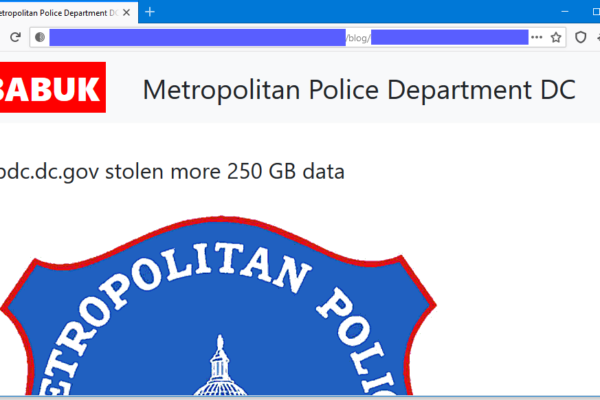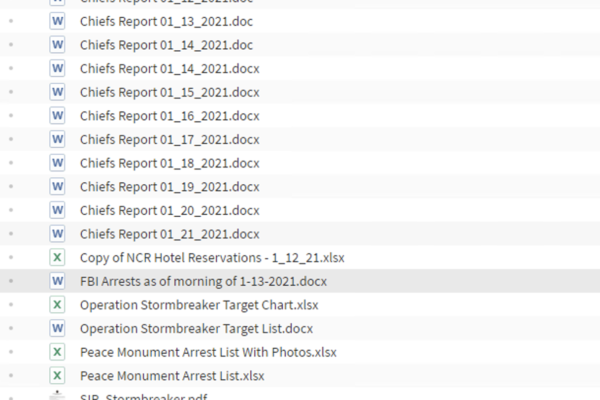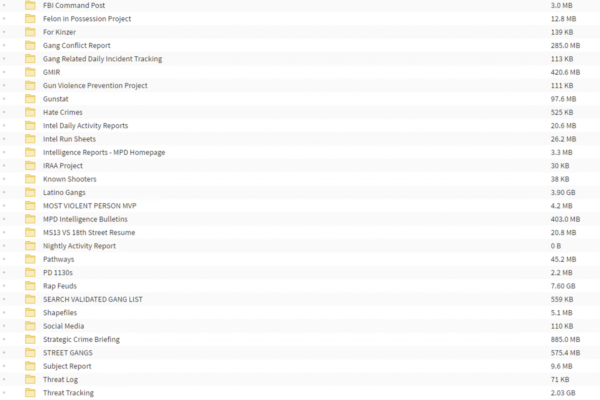Morristown, NJ – 12 July 2023 – Nexus Underwriting (“Nexus”) announced the completion of its acquisition of Evolve Cyber Insurance Services LLC (“Evolve”), a leading California-headquartered cyber MGA.
This is the 17th acquisition for Nexus since its formation in 2008 and marks an important expansion into the fast-growing specialist cyber class of business. Evolve is a three-time Cyber MGA of the year winner and will now offer the new Evolved NexGen cyber policy, supported by Lloyd’s of London, in all 50 U.S. states. The company operates out of offices in California, New York, and Texas, and has over 3,000 broking partners nationally, serving around 6,000 policyholders.
Evolve is led by 4th generation insurance professionals and brothers Michael and Patrick Costello, together with a team of cyber experts who have built one of the largest SME cyber portfolios in the U.S. The acquisition of Evolve significantly expands Nexus’s cyber insurance capabilities and market reach. Evolve’s strong distribution network and experienced team of cyber experts will complement Nexus’s existing technology-enabled data driven underwriting and position the company as a leading provider of cyber insurance solutions.
“We are thrilled to announce the completion of this acquisition,” said Adam Kembrooke, Chief Executive Officer and President of Nexus Underwriting U.S. “Evolve is a highly respected market leader in the U.S. cyber insurance space, and their team of cyber experts is second to none. This acquisition is a strategic move that will not only expand our specialty product offerings but also position Nexus as a leading provider of solutions at the forefront of the rapidly growing cyber insurance market.”
“We are excited to join the Nexus team,” said Michael and Patrick Costello, co-founders of Evolve. “Nexus is a leading specialty MGA with a strong track record of success, and we believe that this combination will create a powerful force in the cyber insurance market. Together, we will be able to offer our customers a broader range of products, provide them with superior service with the support they need to protect themselves against cyber risk and best-in-class claims support should they need it.”
About Nexus
Founded in 2008 and with its global headquarters in London, UK, Nexus Underwriting is a leading, independent, specialty Managing General Agent (MGA) with a focus on niche insurance classes of business. Nexus is a wholly owned subsidiary of Kentro Capital Limited, a holding company with a focus on investing in MGAs and insurance brokers globally. Kentro provides institutional support
to its wholly owned businesses, employs over 350 staff in nine countries: UK, France, Germany, Italy, The Netherlands, USA, China (Hong Kong SAR), UAE (Dubai) and Malaysia (Labuan FT) and has completed 27 acquisitions.
For more information, please visit: www.nexusunderwriting.com
About Evolve Cyber Insurance Services LLC
Evolve MGA offers best-in-class cyber insurance and cyber security services across the USA. Evolve has specialized in underwriting SME cyber since 2015. Based out of Dallas, Texas & Los Angeles, California, Evolve has over 3,000 retail broking partners serving around 6,000 policyholders.
For more information, please visit: www.evolvemga.com or email us at [email protected]













